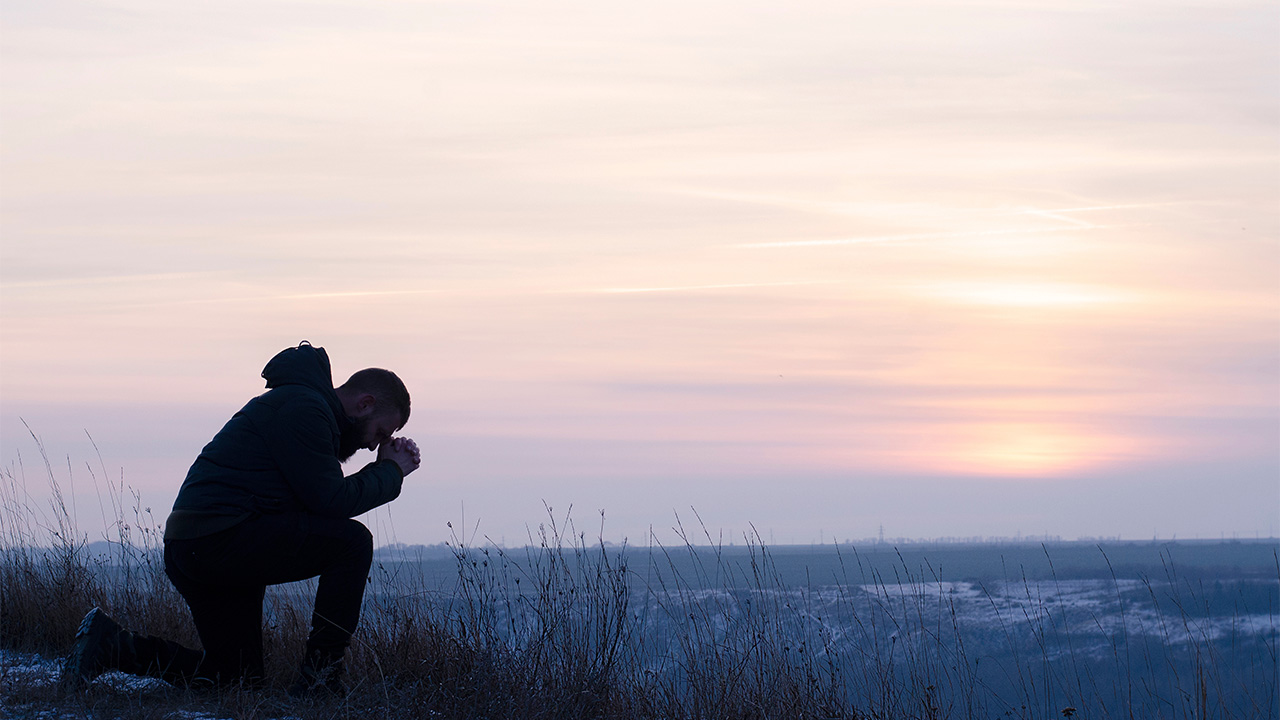


Get a free copy of Parental Rights & Education when you subscribe to our newsletter!

A former St. Joseph’s University professor has filed a lawsuit in response to not having his contract renewed after an internal investigation cleared him of any wrongdoing over “biased and discriminatory” tweets he sent on a personal and anonymous Twitter account.
Dr. Gregory Manco, a former mathematics professor at St. Joseph’s University, has filed a lawsuit in federal court after he was terminated by the university. His termination came in response to backlash over a series of tweets from Manco’s anonymous Twitter account, “South Jersey Giants.”
The statements compared the proposed idea of slavery reparations to “the great-great-grandchild of a murder victim asking the perpetrator’s great-great-grandchild for compensation, (and that racial bias training) divides us and worsens race relations.” After becoming aware of Manco’s tweets, university personnel immediately told Manco’s students he would not be returning to class. Manco was never accused of displaying any bias or discriminatory behavior in his classes.
Although the university launched an investigation to determine whether or not Manco’s tweets violated the school’s policy in regard to bias and ultimately cleared Manco, St. Joseph’s University refused to renew his contract.
In response, Manco highlighted in another tweet from his anonymous account an excerpt from the St. Josephs faculty handbook, which stated, “University faculty should be free from institutional censorship when they speak or write as citizens… (and) should refrain from giving any impression that they are institutional spokespersons and should make any effort to indicate that they are not speaking for the institution.”
In addition to the inconsistent application of policy by the university, Manco stated that he didn’t have confidence that the university’s investigation would be conducted fairly. “It suggests that one must either approve of certain leftists policies or be biased,” Manco said in a statement.
The 67-page lawsuit, which names St. Joseph University and several members of the school’s administration as defendants, alleges “a coordinated and determined effort to build a case against [Manco]” due to his viewpoints.
Additionally, the former professor alleges that one of his former students, Hadassah Colbert, took screenshots of social media statements from Manco’s anonymous social media account and met with the university’s Title IX coordinator, Lexi Morrison. Morrison then “broke with the procedure and conspired with Colbert by advising her to find other students to support her experience with Dr. Manco and try to get them to reach out to her. Colbert followed Ms. Morrison’s advice by using her Instagram account to spread ‘selected’ screenshots of selected tweets of Dr. Manco with her added defamatory comments while encouraging others to report him to the University so that he would lose his job.”
Other students who never took classes with Dr. Manco also joined Colbert’s campaign and “flooded” the school with unverified complaints.

In a statement, a St. Joseph’s University spokesperson stated that the decision to terminate Manco was “nothing more than a decision based on an evaluation of need. Moreover, a non-renewal does not affect an individual’s eligibility for future employment opportunities with the university.”
According to constitutional attorney Jonathan Turley, that statement is “almost laughable.”
He explained, “After suspending Manco for possible bias and discrimination, the university is now terminating him. He will be viewed as damaged goods or a prohibitively high risk by any other school. The campaign to punish him for his opposing views will likely resume at any school considering him for a new position. Once tagged, you are shunned and sanctioned.”
Of course, the discrimination against professors like Dr. Manco who have their own opinions and are brave enough to go against the official speech narratives and woke policies of America’s colleges and universities is not unusual. Last fall, Portland State University’s Dr. Peter Boghossian resigned after being subjected to repeated harassment by other students and university faculty after Boghossian criticized the university’s culture of “transforming a bastion of free inquiry into a social justice factory whose only inputs were race, gender, and victimhood.”
Meanwhile, Dr. Dorian Abbott, a geophysical sciences professor at the University of Chicago, was disinvited by MIT after being earlier selected to give the Carlson Lecture, an annual and prestigious public talk during which Abbot planned to discuss “climate and the potential for life on other planets.” The cancellation of Abbott’s lecture came after he argued that the principle of Diversity, Equity, & Inclusion, as currently implemented on college campuses across the country, “violates the ethical and legal principle of equal treatment. It entails treating people as members of a group rather than as individuals, repeating the mistake that made possible the atrocities of the 20th century.”
Manco’s case takes the issue of a professor’s right to free speech and intellectual freedom to a whole new level, says Turley. “The message seems clear that, even if you are found to have protected speech, you are not protected as an academic for raising a dissenting voice…even anonymously…. This is precisely why fewer and fewer professors are willing to speak out on such questions. Most remain in cringing silence or, worse yet, join the mob in denouncing colleagues. The threat is too great for most academics to stand against a mob.
While institutions of higher education do have the right to select which instructors they want to have to represent them and teach their students, the issue is the inconsistent application of their standards. Many academics espousing anti-police or anti-conservative views, for example, have used controversial or even incendiary language without triggering an immediate campaign for termination across social media. Furthermore, the suspension and subsequent termination of Dr. Manco by St. Joseph’s University implies that the school has failed to abide by its own faculty handbook, which maintains that extramural comments by professors should be “free from institutional censorship.”
The action taken by these universities poses a serious threat to academic and intellectual freedom in a country that prides itself on free speech and healthy debate. Even if Manco doesn’t win this case, at least he has put a spotlight on the lengths to which universities will now go to silence dissent and punish dissenters. Let’s hope the legal system recognizes this and sends its own strong message to St. Joseph’s University and other academic administrators that censorship of speech will not be tolerated.
Christian conservative news and issues that matter. Curated just for you!
